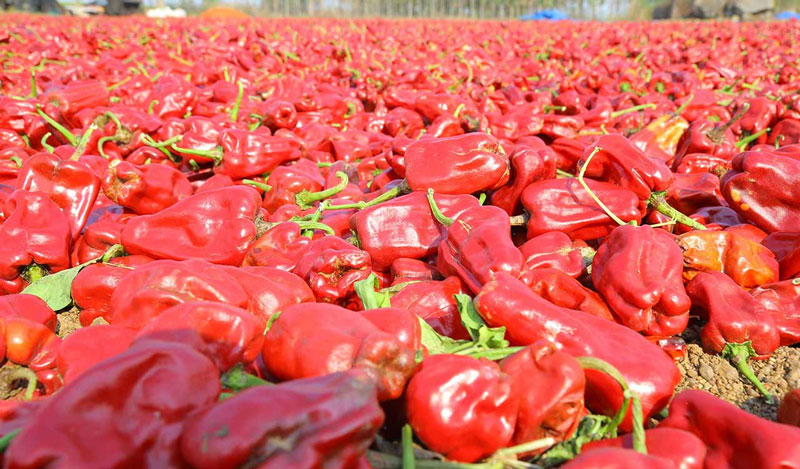PGPR boosts plant growth naturally
New Delhi: Plant Growth Promoting Rhizobacteria (PGPR) are valuable microorganisms found in soil, especially around the roots of the plant. It helps a lot in boosting plant growth, production, and resilience to the atmosphere. PGPR has made a symbolic relationship with plants, which helped in the growth, but it also plays a key role in keeping the fruits and vegetables free from diseases.
These microbes activate the plant’s immune response, compete with harmful pathogens, and produce natural antimicrobial compounds, making them a sustainable and eco-friendly alternative to chemical pesticides. PGPR “prime” plants to respond quickly and effectively to attacks by pathogens, enhancing their defense system to produce protective chemicals like phytoalexins and lignin. Certain species, like Pseudomonas fluorescens and Bacillus subtilis, have been found to increase plant resistance to diseases like blight, rot, and wilt.
Also Read: SC reprimands Delhi Police for poor execution of firecracker ban
By colonising the rhizosphere (the area around the plant roots), PGPR occupy space and consume nutrients, outcompeting pathogens and reducing the chances of infection. Additionally, they secrete enzymes like cellulase and chitinase, which break down the cell walls of harmful fungi and bacteria, further controlling diseases.
Some PGPR also create a protective biofilm around plant roots, blocking pathogens and providing a stable environment for continued disease suppression. This biofilm, especially valuable in horticulture, offers long-term protection against root diseases. As an eco-friendly solution, PGPR offers a promising alternative to chemical pesticides, supporting healthier crops and sustainable agriculture.

















